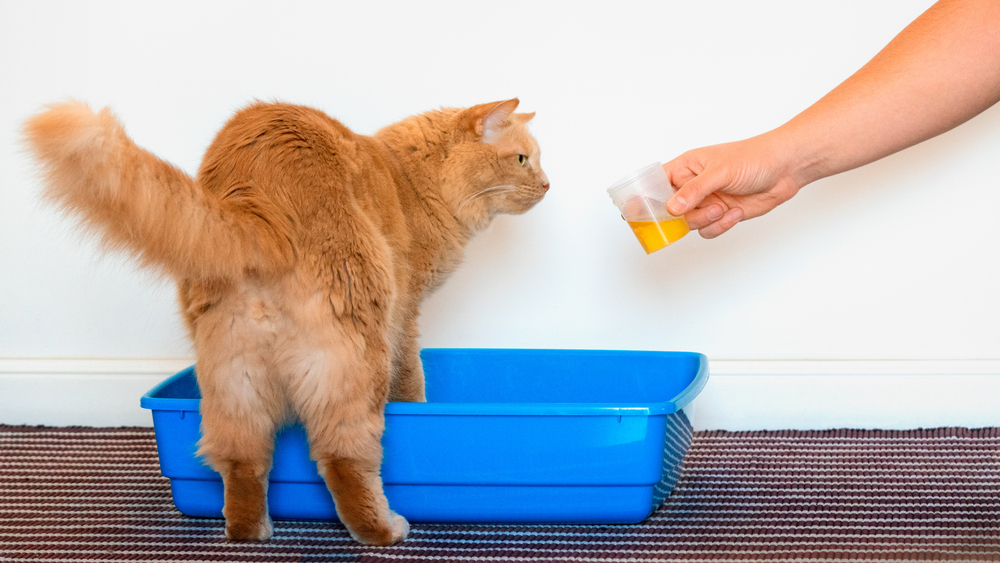Pets frequently hide illness signs, and you may not realize your pet is sick until their condition is advanced. Pets who receive regular wellness screenings are more likely to live a long and healthy life, because underlying conditions can be detected in the early stages before they cause significant health problems. Our Memorial Villages Animal Hospital team wants to explain what these visits involve, and why they are important to your pet’s overall wellbeing.
We assess your pet’s weight status
More than 50% of all pets are classified as overweight or obese by their veterinary care provider. This is concerning, because overweight pets are at higher risk for serious health complications, such as endocrine disorders, certain cancers, kidney disease, and arthritis. During a regular wellness screening, we assess your pet’s weight status to help ensure their weight is ideal. Steps we take include:
- Weighing your pet — We accurately weigh your pet and record this information, so we can track their weight.
- Assessing your pet’s body condition score (BCS) — The BCS is an objective tool that assesses fat reserves. We score your pet from one to nine, with a score of one considered extremely emaciated, and nine extremely obese. Pets at an ideal weight are graded four to five.
If your pet’s BCS is above five, we will devise a weight loss strategy to help your pet safely lose the excess pounds. If their BCS is below four, we may need to perform diagnostics to ensure an underlying health issue isn’t responsible.
We perform a physical examination on your pet
We examine your pet from their cold, wet nose to their furry tail, to ensure no abnormalities that may affect their health are present. Areas we investigate include:
- Eyes — We use an ophthalmoscope to evaluate your pet’s eyes and can potentially detect dry eye, cataracts, and retinal degeneration.
- Mouth — Dental disease affects most pets by 3 years of age, and this condition can lead to loose, painful teeth, tooth root infections, missing teeth, and organ damage if the causative bacteria enters your pet’s blood stream. We evaluate your pet’s mouth for signs, such as bad breath, tartar, and inflamed gums, and may recommend a professional veterinary dental cleaning if dental disease is present.
- Ears — We examine your pet’s ears to ensure they aren’t affected by parasites, infection, or growths.
- Heart — We listen to your pet’s heart with a stethoscope, which can allow us to detect heart murmurs and arrhythmias.
- Lungs — We listen to your pet’s lungs to ensure they have no respiratory abnormalities.
- Abdomen — We palpate your pet’s abdominal organs to ensure they are normal size, and to detect abdominal masses.
- Limbs — We observe your pet walk and palpate their limbs to check for lameness and joint pain.
- Temperature — We assess your pet’s temperature, because abnormalities can indicate infection and inflammatory disorders.
We perform blood work on your pet
A physical examination can detect many issues, but some conditions can be identified only through other diagnostics. We evaluate your pet’s blood to assess their overall health status. These tests include:
- Complete blood count (CBC) — A CBC evaluates your pet’s red blood cells, white blood cells, and platelets. Irregularities can indicate issues such as anemia, infection, clotting disorders, and cancer.
- Biochemistry profile — A biochemistry profile evaluates several parameters, and irregularities can indicate electrolyte imbalances, kidney disease, liver disease, and diabetes.
- Thyroid panel — Senior pets are at high thyroid disease risk, and we may recommend a thyroid panel if your pet is older.
- Heartworm test — We test your pet for heartworms. This test also checks for tick-borne illnesses.
We perform a urinalysis on your pet

We evaluate your pet’s urine. Steps include:
- Assessing the appearance — We look at the urine’s color and cloudiness. Normal urine is pale yellow and mostly clear. Dark yellow urine indicates dehydration. Clear urine suggests your pet is drinking more than normal, which could indicate an underlying health problem. Cloudy urine indicates cells or debris are present.
- Measuring the concentration — We measure the urine’s specific gravity to assess your pet’s kidney function.
- Measuring the acidity — We measure the urine’s pH. Normal pet urine pH is mildly acidic to mildly alkaline, and extremes can indicate infection or metabolic disease.
- Chemically analyzing the urine — We check the urine for substances such as protein, glucose, ketones, blood, and bilirubin. Abnormalities can indicate:
- Protein — Protein found in urine can indicate kidney disease.
- Glucose — Glucose in the urine can indicate diabetes mellitus.
- Ketones — Ketones appear in the urine when the body breaks down stored fat to meet energy requirements, which can occur in diabetic pets or a pet who has been starved.
- Blood — Blood in the urine indicates conditions such as bacterial infection, bladder stones, trauma, or cancer.
- Bilirubin — Abnormal amounts of bilirubin in the urine indicate liver disease.
- Microscopically examining the urine — We examine your pet’s urine microscopically to detect red blood cells, white blood cells, bacteria, and crystals.
We perform a fecal on your pet
We evaluate your pet’s feces to ensure they aren’t affected by internal parasites, such as roundworms, whipworms, hookworms, coccidia, and giardia.
Regular wellness screenings are an easy way to help ensure your pet lives a long, healthy life. If you would like to schedule a wellness screening, contact our Memorial Villages Animal Hospital, so we can ensure they have no underlying health condition that could affect their wellbeing.









Leave A Comment